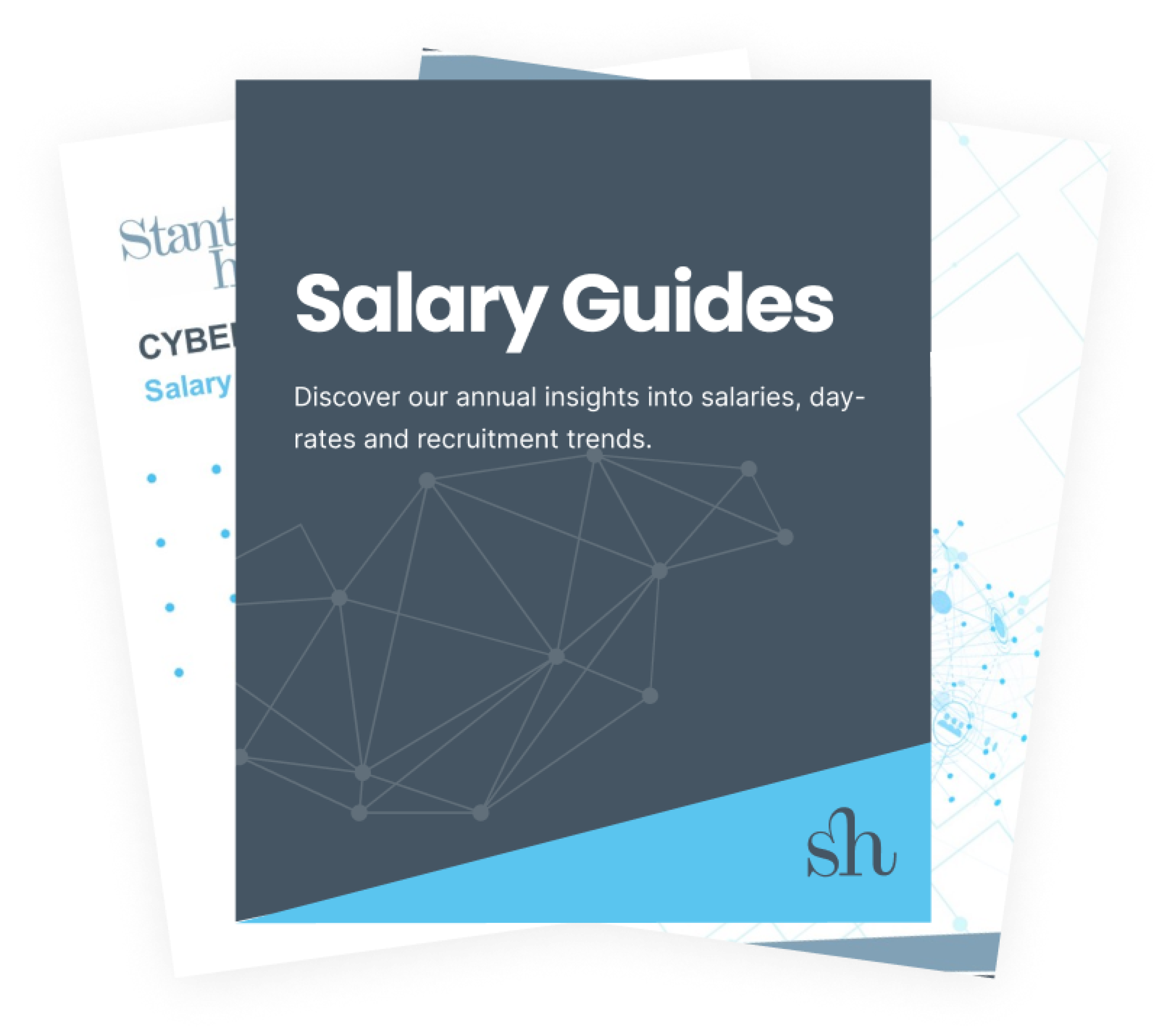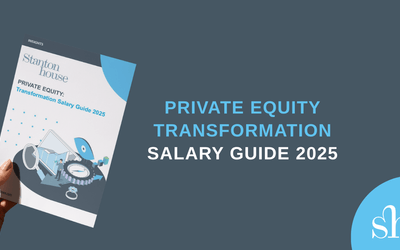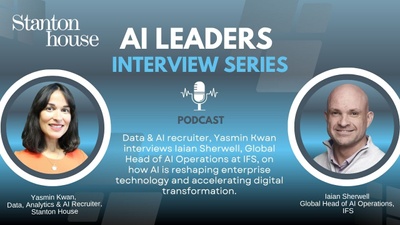
Why Finance Teams Can't Afford to Ignore ESG Reporting in 2025
Environmental, Social, and Governance (ESG) reporting has quickly evolved from a “nice to have” to a non-negotiable for UK businesses. With the UK government set to endorse the International Sustainability Standards Board (ISSB) framework by July 2025, finance leaders are about to take centre stage in a whole new compliance landscape.
So, what does this mean for CFOs, finance teams, and finance professionals looking to stay ahead?
In short: we need to get ready now. ESG is no longer just a concern for sustainability teams or external consultants. It’s becoming a core pillar of financial reporting, business value, and investor trust.
The UK’s New Sustainability Disclosure Rules – What You Need to Know
By July 2025, the UK government plans to roll out its Sustainability Reporting Standards (SRS), grounded in the ISSB’s global framework. For the first time, businesses will be required to report sustainability-related risks and opportunities alongside traditional financial data - in one cohesive annual report.
This means our financial statements won’t just show profit and loss. They’ll also reflect how we manage environmental risks, address social impact, and plan for long-term resilience.
When I spoke to Kirsty Law, CFO – Sustainability at Olam Food Ingredients (OFI) for the Future of Finance podcast, she helped demystify what’s coming - and how it’s going to impact the finance function.
The businesses most likely to fall within scope of these new reporting standards are large, listed companies, or companies with public accountability and significant investor interest. However, the reach is broader than many assume, particularly when we factor in the EU’s Corporate Sustainability Reporting Directive (CSRD). UK-headquartered companies with subsidiaries in Europe may be caught by CSRD even before UK requirements kick in. Many businesses are already choosing to report group-wide, ahead of formal obligations, to avoid duplication and inefficiency.
Why This Is About More Than Just Compliance
While the legal requirement is a catalyst, the real opportunity in ESG reporting lies in value creation. Investors, lenders, and consumers are demanding transparency. Robust ESG disclosures help:
- Build stakeholder trust
- Attract ethical investment
- Mitigate reputational risk
- Future-proof business strategy
As Kirsty shared during our conversation, sustainability information is becoming just as important as financial metrics when it comes to assessing a company’s long-term value. It’s forward-looking, strategic, and essential to business credibility.
Setting the Scene: Why I Spoke to OFI
I was excited to interview Kirsty for this episode because OFI is a company where sustainability genuinely sits at the heart of the business.
Olam Food Ingredients is a global supplier of natural food and beverage ingredients with market-leading positions across cocoa, coffee, dairy, nuts and spices. It’s a business built on agricultural supply chains, and their ability to operate and grow depends on healthy ecosystems, thriving farming communities, and climate resilience.
That’s what makes sustainability strategic at OFI, not just ethical.
As Kirsty explained, OFI recognised early on that integrating sustainability into their business model wasn’t just the right thing to do - it was fundamental to long-term success.
Finance's Evolving Role in Sustainability
The shift to ESG reporting means finance teams need to move beyond spreadsheets and think more broadly about business impact.
CFOs and Financial Controllers are increasingly being asked to:
- Collaborate with sustainability teams
- Interpret carbon data, water usage, and supply chain risks
- Ensure audit-readiness of non-financial disclosures
- Tie ESG performance to financial outcomes
Kirsty highlighted just how naturally aligned finance and sustainability actually are, especially when it comes to risk management, data, controls, and reporting.
The Skills You’ll Need to Succeed
As ESG requirements grow, so does the demand for finance professionals with:
- Data analytics capabilities – to interpret large, complex datasets
- Understanding of ESG frameworks – from ISSB to CSRD and TCFD
- Strong communication skills – to translate ESG performance for stakeholders
- A collaboration mindset – to work across finance, legal, operations, and sustainability teams
The Two Currencies CFOs Must Now Master
One of the parts I really enjoyed in the interview was how Kirsty framed the evolving mindset of finance leadership:
“Like any other CFO, my currency is dollars, euros or pounds. But I now have a second currency - it could be trees, litres of fertiliser, or the number of women farmers we support. And you’ve got to treat that second currency just like your financial one - with assurance, systems, and reporting.”
That really stuck with me. It’s such a compelling way to explain the parity we’re starting to see between traditional and sustainability metrics — both require rigour, structure and credibility.
Tackling the ESG Data Challenge
Let’s be clear: this isn’t going to be easy.
As Kirsty pointed out, ESG data is far more complex to collect than core financial data. Many companies don’t yet have the systems in place to gather it efficiently. There are ongoing challenges around completeness, accuracy, and manual processes, and as assurance becomes mandatory, those gaps will matter more than ever.
Early collaboration between IT, finance and sustainability functions is going to be key.
Lessons from the Frontlines: How OFI Got It Right
Kirsty also shared how OFI has embedded ESG into every layer of their operations - from supply chains to reporting lines.
They’ve built sustainability into each product line through decentralised teams and ensured consistency through a central group function.
“We have sustainability teams embedded into each business, and a central function — which I’m part of — that drives group-wide delivery. My team, Finance for Sustainability, leads reporting and assurance across the board.”
That hybrid approach - distributed ownership with central governance - is one more businesses will need to consider as the ESG bar rises.
Full Interview with Kirsty Law Coming Soon
Want to hear Kirsty’s full insights firsthand?
In our Future of Finance podcast episode, we explore the real-world impact of ISSB and CSRD, the changing responsibilities of CFOs, and how finance teams can lead on ESG strategy, not just compliance. Keep your eyes peeled for the full interview which will be released soon!
Interested in a Roundtable on This Topic?
We’re currently exploring the idea of hosting a roundtable for finance leaders to discuss ESG reporting, share experiences, and shape the future of finance together.
If this topic resonates with you - whether you're deep in ESG already or just starting to explore it - I’d love to hear from you.
Please feel free to reach out to me directly if you’d be interested in joining the conversation.


















